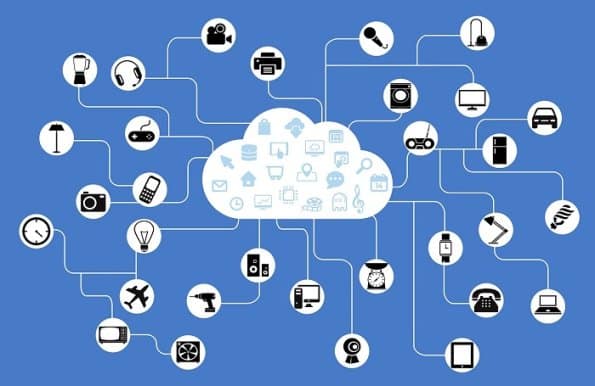In today’s rapidly evolving digital landscape, the integration of the Internet of Things (IoT) into fleet management is reshaping how businesses operate, optimise, and innovate within their logistical frameworks. This transformation is particularly revolutionary in sectors where fleet efficiency and reliability are paramount. As we delve deeper, it’s essential to explore how IoT is spearheading this change.

Enhanced Operational Efficiency
IoT technology has become a cornerstone for improving operational efficiency in fleet management. By employing sensors and connected devices, businesses can gain real-time insights into the status and performance of each vehicle in their fleet. This data includes engine health, fuel consumption, and even driver behaviour analytics. With this information at their fingertips, fleet managers can make informed decisions that lead to reduced downtime, optimised fuel usage, and overall enhanced efficiency.
For instance, predictive maintenance, one of the prime benefits of IoT, allows for the anticipation of vehicle repairs before failures occur, thus minimising downtime and reducing unexpected operational costs. This proactive approach ensures fleets are more reliable, with vehicles spending more time on the road than in the shop.
Improved Safety and Compliance
IoT also plays a crucial role in enhancing safety and ensuring compliance with regulatory standards. Sensors can monitor vehicle speeds, braking patterns, and other critical parameters to ensure that drivers adhere to safety norms. Additionally, IoT devices can help fleet managers ensure their teams are compliant with hours-of-service regulations, which is crucial for avoiding hefty fines and maintaining operational legitimacy.
Advanced Route Optimisation
Another significant advantage of IoT in fleet management is route optimisation. GPS and IoT sensors provide data not only on location but also on traffic conditions, weather updates, and road safety alerts. This intelligence allows for dynamic routing adjustments that can significantly reduce delivery times and costs. This capability is particularly beneficial in complex networks like those required for freight management in Australia, where efficiency and timely delivery are crucial for maintaining competitiveness.
Environmental Impact
IoT helps in promoting sustainability by optimising routes and reducing idle times, which in turn cuts down on fuel consumption and emissions. Fleet managers can use IoT insights to plan better routes, schedule more accurate delivery times, and reduce unnecessary vehicle usage. This commitment to sustainability is not only good for the planet but also aligns with the increasing environmental regulations and can improve the company’s public image.
Challenges and Considerations
While the benefits of IoT in fleet management are clear, there are challenges to consider, such as the upfront cost of implementing IoT solutions and the ongoing need for data security and privacy measures. Companies must ensure that robust cybersecurity strategies are in place to protect sensitive information from potential threats. Furthermore, the integration of IoT requires a cultural shift within organisations; employees at all levels must be trained and onboarded with the new technology to maximise its benefits and functionalities.
As you can see, the integration of IoT technology into fleet management offers transformative potential
It provides a platform for enhanced efficiency, improved safety, compliance, and significant cost reductions. As the technology evolves, it will continue to drive innovations in fleet operations and logistics management. For businesses in sectors like freight and logistics, the adoption of IoT solutions is not just a trend but a necessary investment in their future competitiveness and sustainability. Adopting IoT in fleet management is indeed paving the way for smarter, more efficient logistic operations globally.

